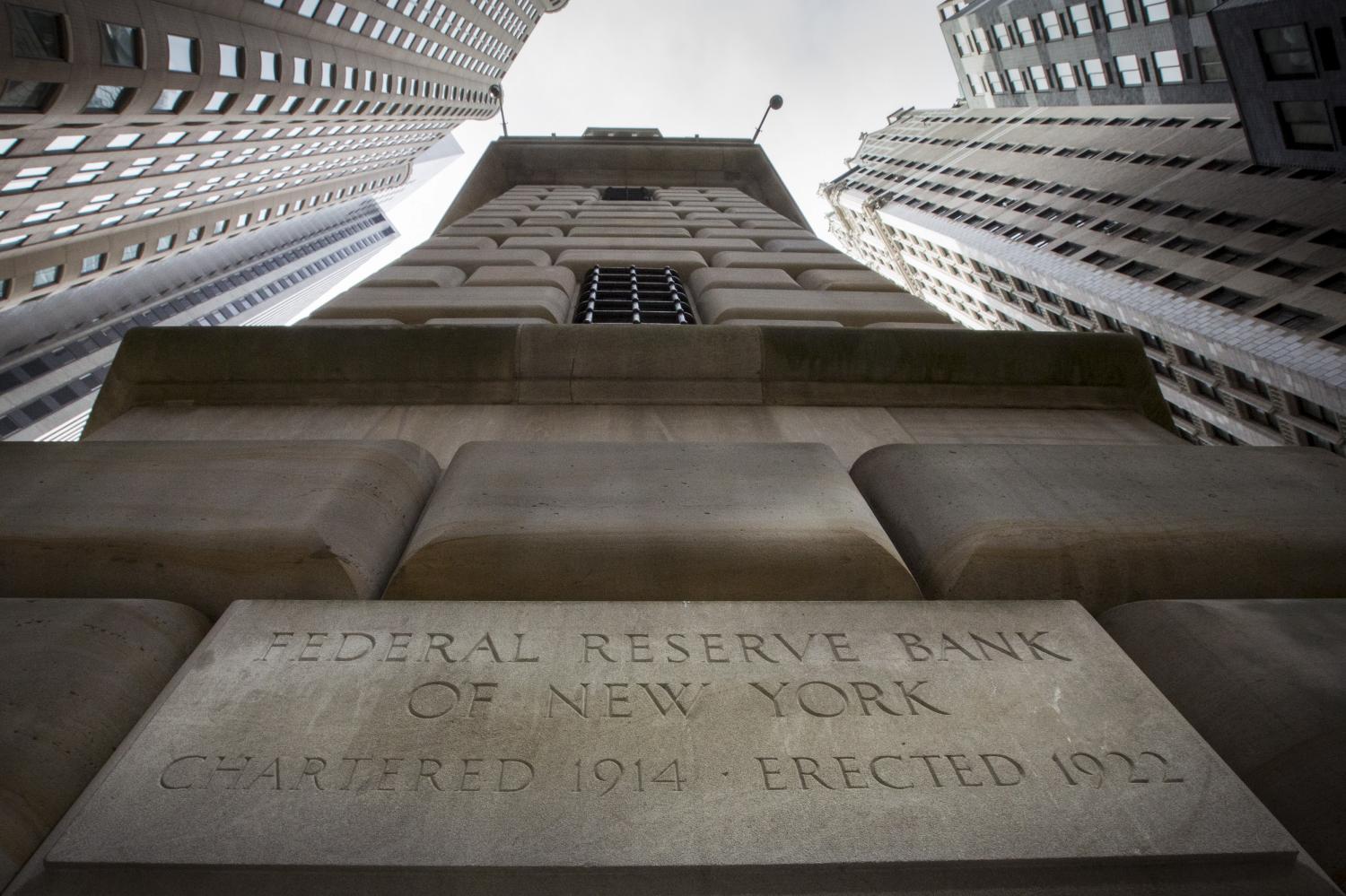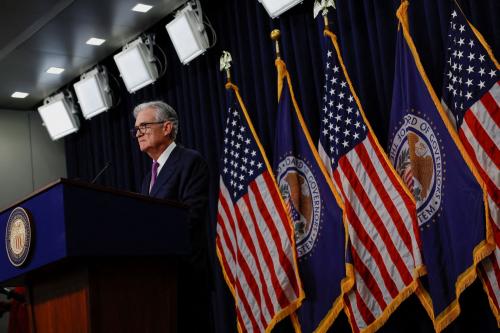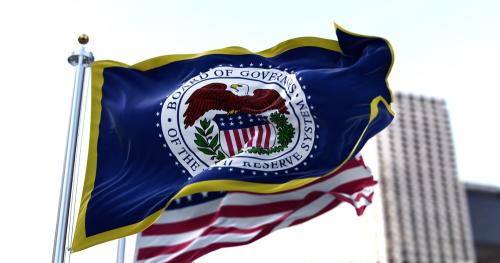Leaders of the Federal Reserve System, tasked with making tough monetary policy decisions based on objective, empirical analysis, seek to remain politically independent. And yet, the Federal Reserve is inherently a political institution whose power derives from—and depends upon—the support of elected officials who represent the public.
Elected officials face a dilemma when it comes to legislating the central bank’s authority. A fully autonomous Federal Reserve might be ideal for generating sound monetary policy, but an autonomous central bank precludes lawmakers from overseeing macroeconomic policy and holding central bankers accountable for the economy. Thus, Congress—holding exclusive authority to rewrite the Federal Reserve Act—has repeatedly revised the 1913 law to impose new responsibilities on the Fed, require greater transparency, and clip the central bank’s powers.
In this paper, Sarah Binder and Mark Spindel explore the conditions that compel lawmakers to threaten or enact legislative changes to the Federal Reserve Act, and examine how the rise of polarized and competitive political parties has shaped the relationship between Congress and the Fed.
Binder and Spindel measured lawmakers’ attention to the Fed by identifying all bills introduced in the House and Senate between 1947 and 2014 that address the power, structure, and governance of the central bank. Their key findings include:
- Legislative attention rises and falls coincident with economic conditions, with legislators paying little attention to the Fed in robust economic times, and both parties revisiting the Federal Reserve Act during severe economic times.
- When the economy slips, lawmakers clip the powers of the Fed and also often impose more responsibilities on the central bank.
- The timing and competitiveness of elections shape lawmakers’ activism toward the Fed. For example, Democratic House incumbents with narrow electoral margins are more likely to sponsor bills related to the Fed, which offers an attractive target for vulnerable members seeking to deflect blame for a struggling economy.
- Over the past seventy years, Democrats have sponsored twice as many measures to audit the Fed as the Republicans, despite the common conception that “Audit the Fed” is a GOP-led movement.
- With the onset of the Great Recession and the Fed’s implementation of unconventional monetary policies, the parties appeared to care equally about the central bank and its policies. Between 2007 and 2012, Democrats and Republicans introduced roughly the same number of bills related to the Fed.
As the authors explain, Congress’s aggressive oversight of the Fed following the Great Recession sent strong signals to the Fed that it would have to become more transparent about its policies and more responsive to its critics to forestall stronger limitations on its powers. Ultimately, Binder and Spindel conclude that the Fed’s pursuit of unconventional monetary policy in a polarized era has diminished political support for the Fed—weakening the nation’s recovery from crisis and sowing doubt about the Fed’s capacity to fight the next recession.
“Congress retains the power to remake the nation’s monetary regime,” write Binder and Spindel, reminding central bankers that they “have to remain alert to the possibility—however remote—of existential threats to the institution.”




